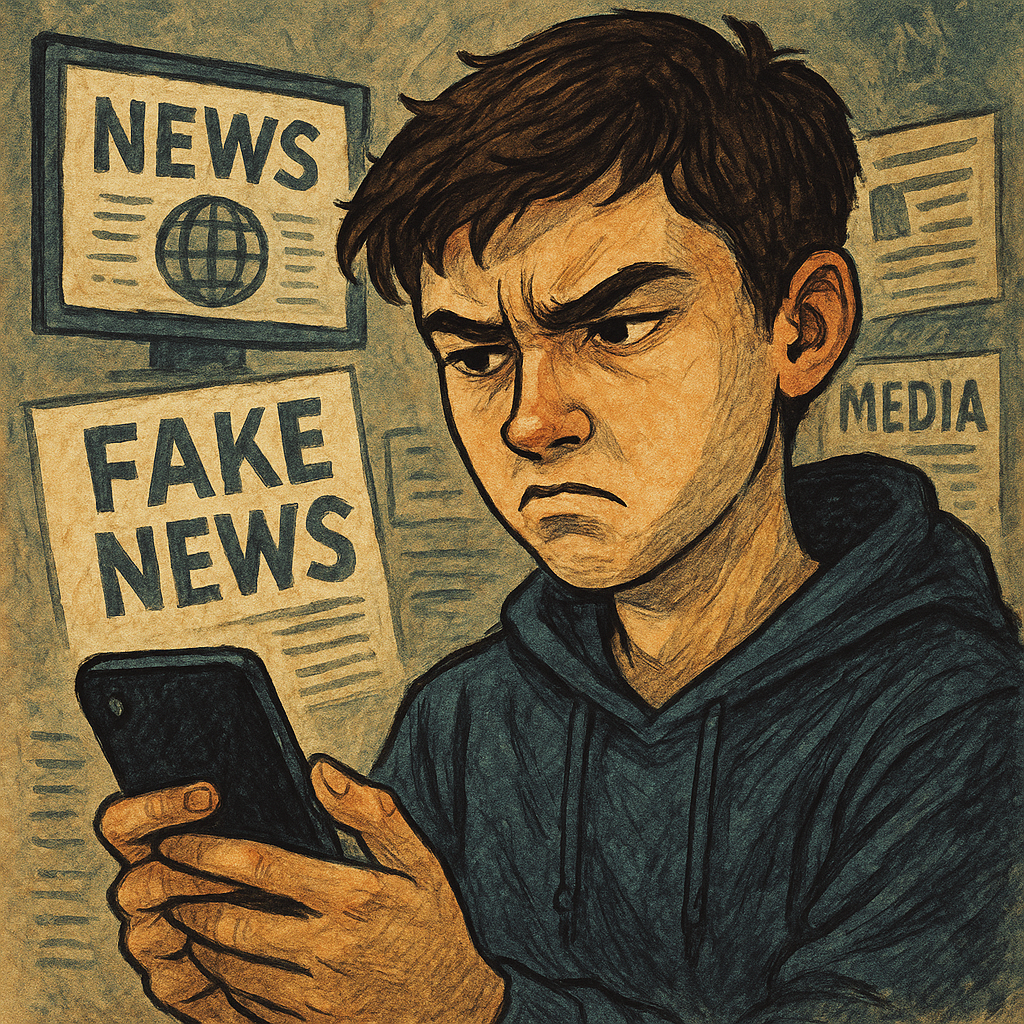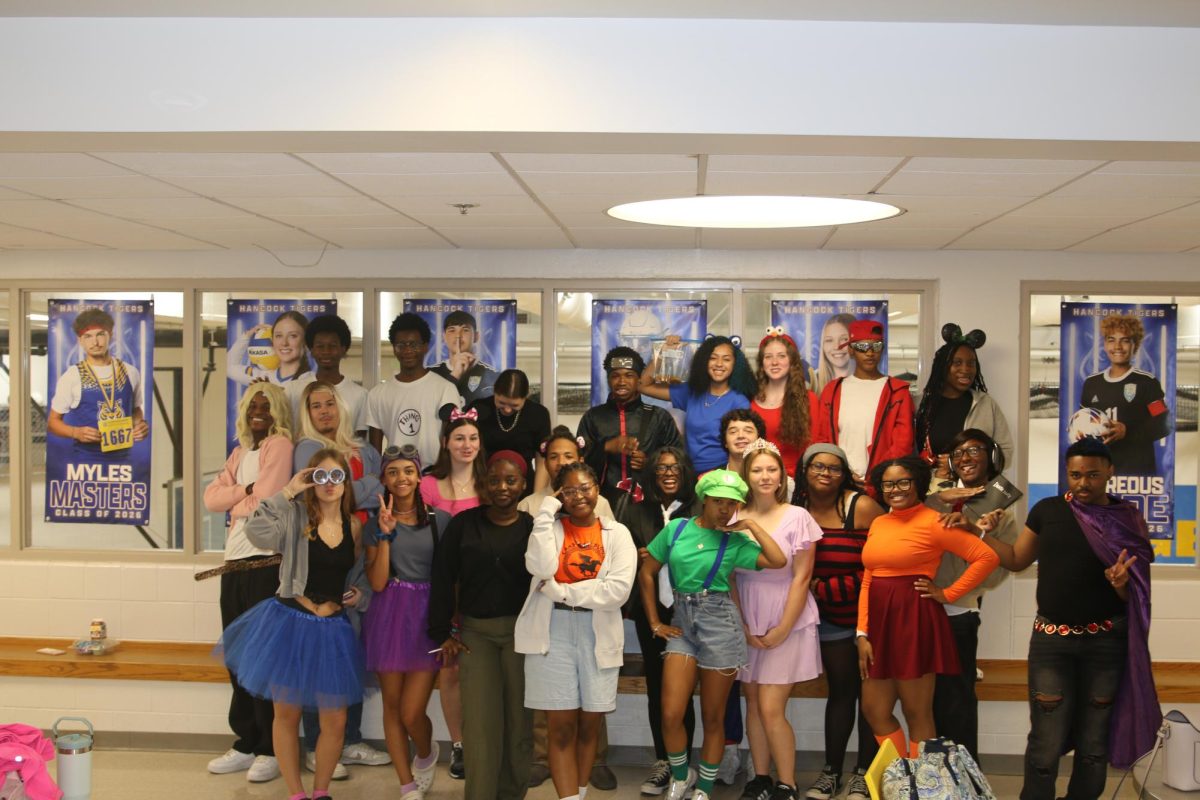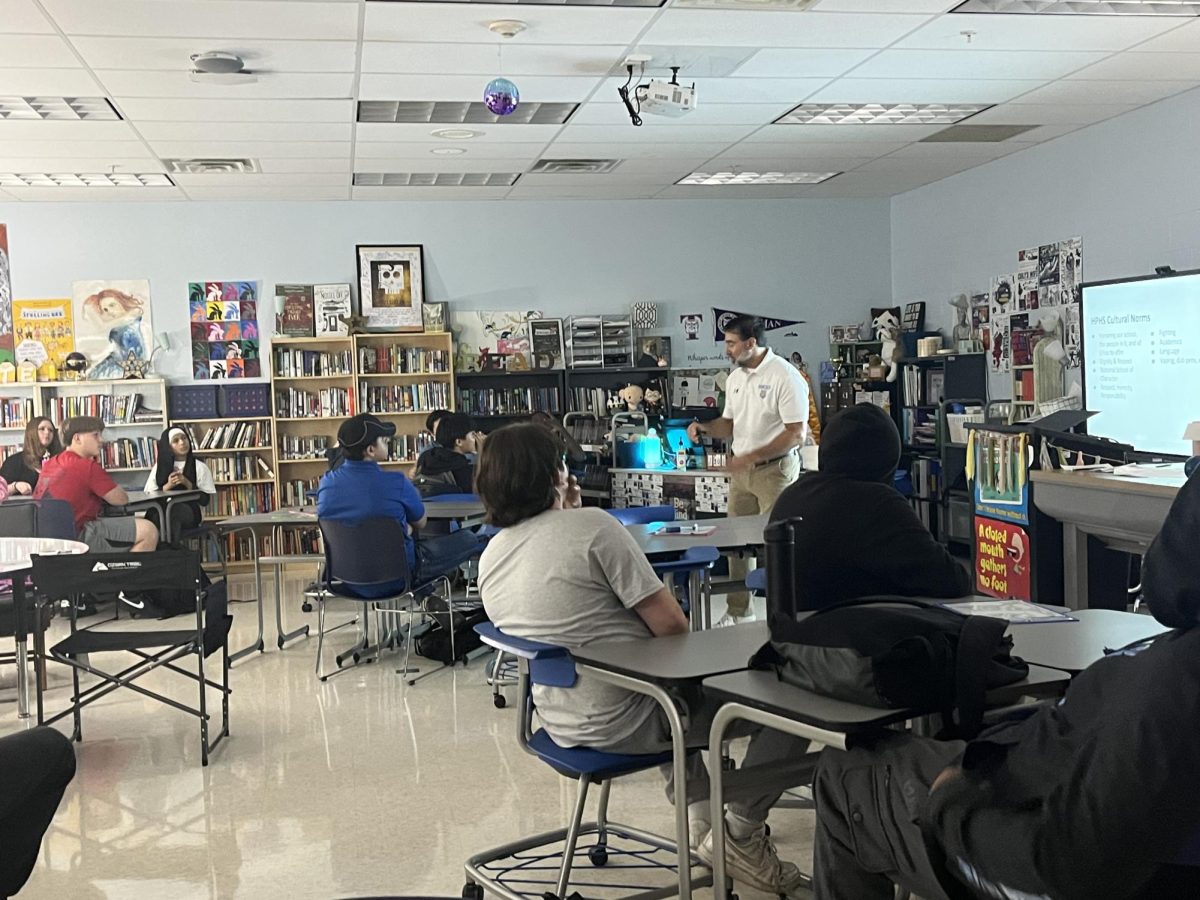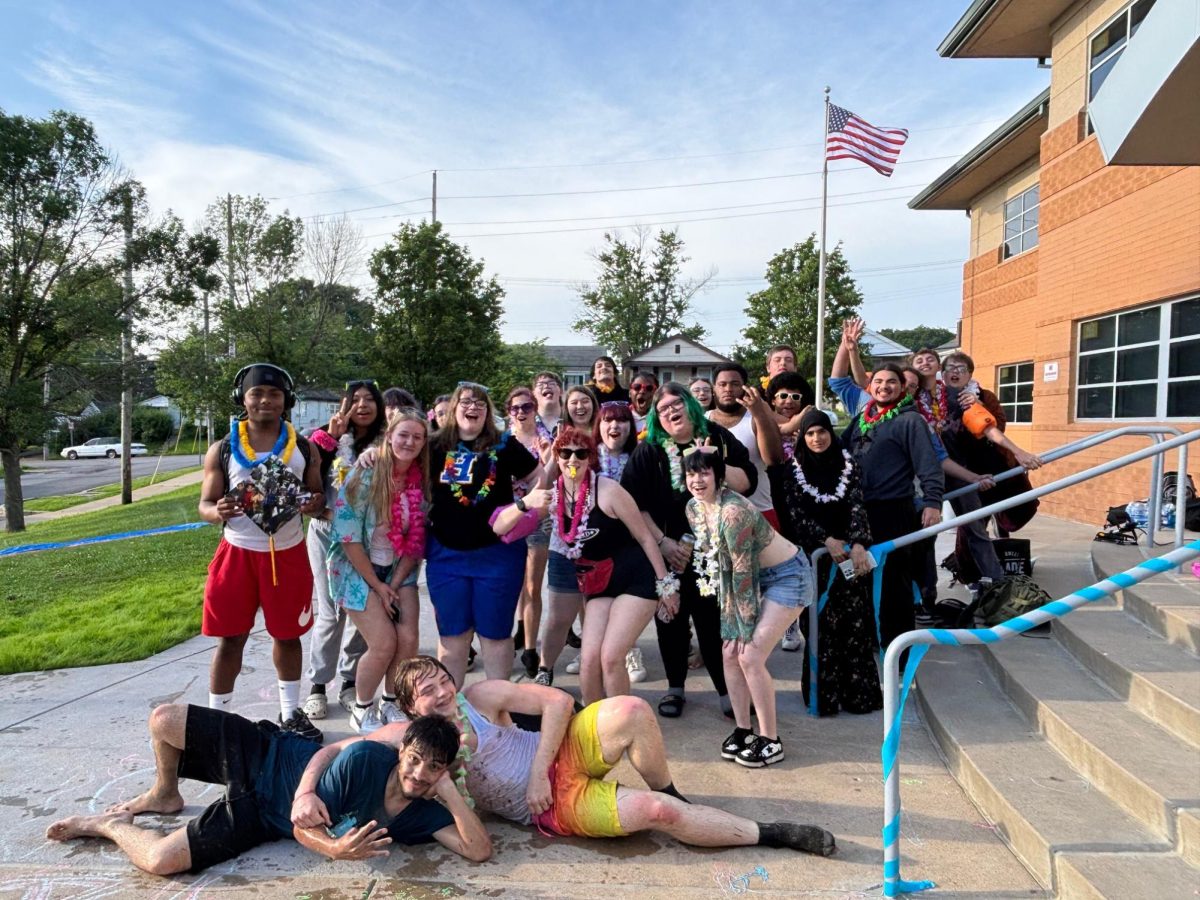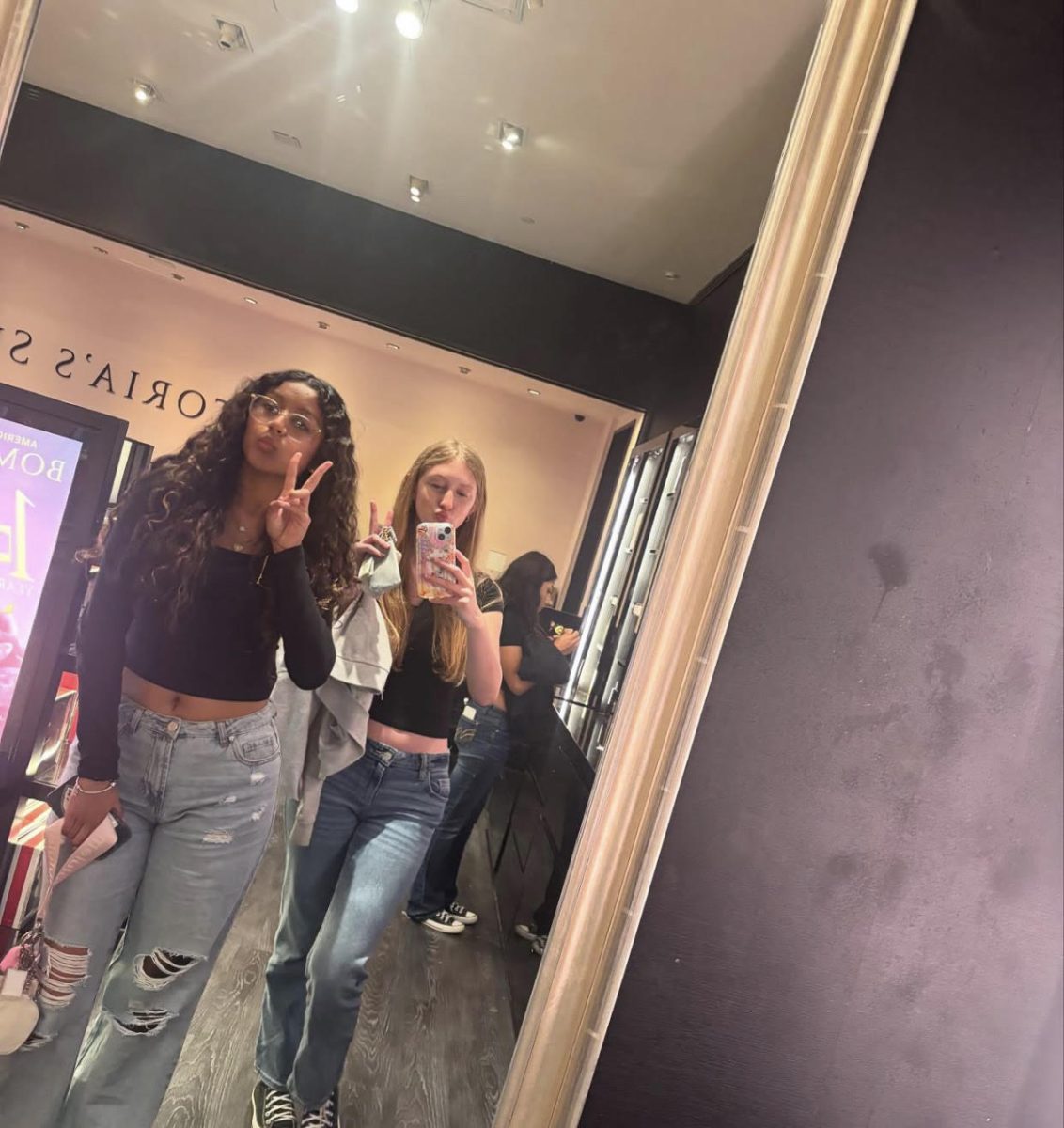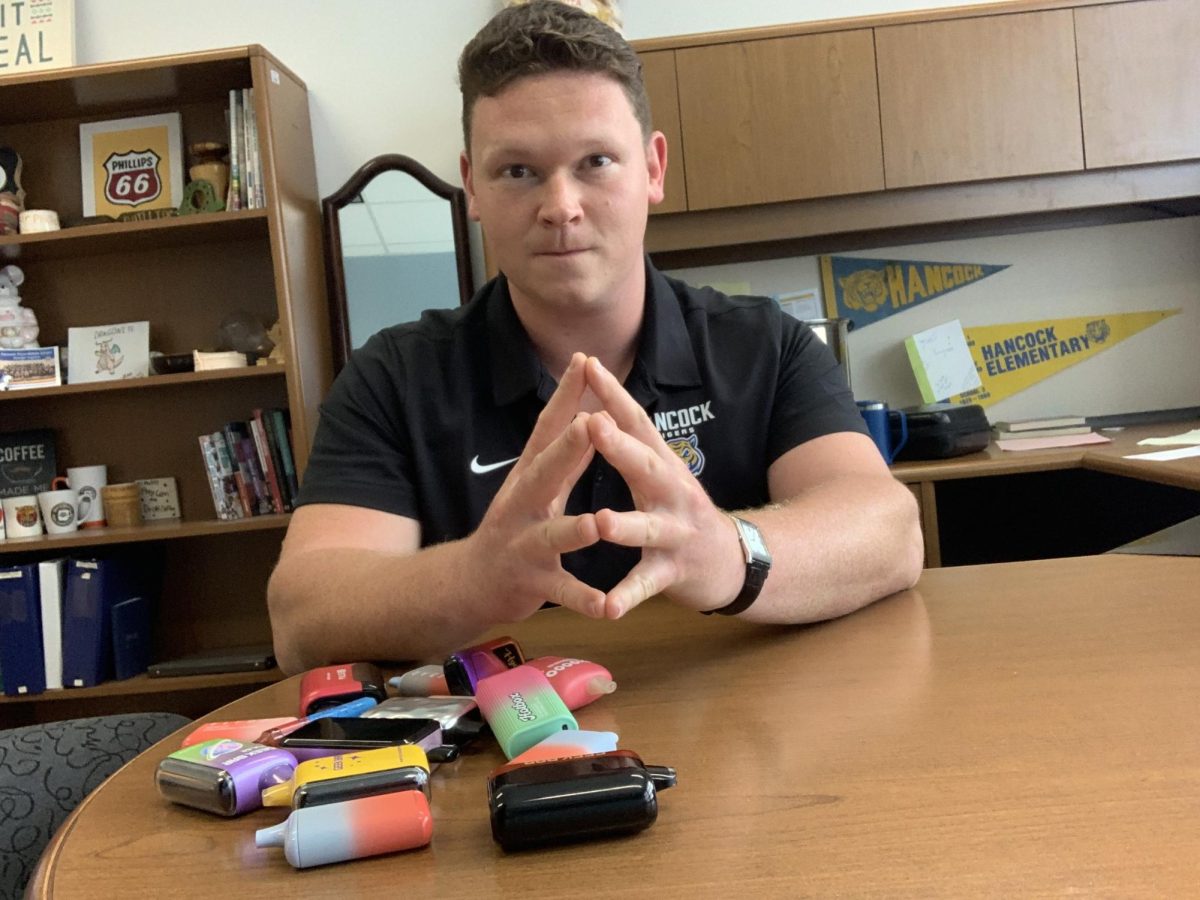In today’s digital world, more and more teens are turning to social media as their main source of news and information. While platforms like TikTok, Instagram, and YouTube offer fast, engaging content, they often lack the credibility and accuracy of traditional journalism. This shift has sparked growing concern among educators and community leaders who worry about the long-term effects of misinformation on young minds.
One such voice is Brian Johnson, a Family Health Care Counselor at HHS who has witnessed firsthand how misinformation is affecting students.
“Most of the news and information that teens generally get nowadays is through social media platforms from creators who are uneducated,” Johnson said. “They’re just regular people with phones and opinions, but somehow their content spreads faster than actual journalism. It’s hard to tell what’s real anymore.”
He went on to explain how the lack of credibility in these sources contributes to a broader issue.
“People on the internet tend to report with a lot of bias,” Johnson said. “They choose sides and push opinions as if they’re facts. It’s exhausting to try and sort through it all to find something that’s actually neutral or fact-checked.”
This kind of misinformation doesn’t just affect how people interpret news—it also stokes fear and confusion in vulnerable communities.
“A lot of people are worried about the issue of deportation,” Johnson said. “Students are being told by the internet that I.C.E. is out to get them, even if they’re legal residents. The fear spreads really fast, even when there’s no truth behind it. It’s dangerous.”
A recent survey was distributed to students, asking about their primary sources of news and their trust in that information.
“Politicians are often lobbied and bribed to make choices for businesses,” Carter Littler, a freshman, said. “The media is owned by and paid for by businesses, such as the Washington Post, which is owned by Jeff Bezos. It’s easier than ever to buy your way into governmental power.”
Other students echoed similar concerns, emphasizing a general mistrust in the transparency and honesty of both media and government institutions.
“Because I often see how news organizations, and even the government stretch the truth, withhold information, and even just plain lie to the people at large,” senior Gabriel Bise said.
Some pointed to the overwhelming number of conflicting narratives as a reason for their confusion and doubt.
“There are a lot of different news outlets out there that always say something different,” senior Miranda Guss said. “Not to mention each one is biased in their own way, and always twists something in some way. Then there’s social media, which can rarely be trusted.”
Freshman Ayden Riley also shared concerns about media bias, especially when it comes to political coverage.
“Media outlets often show biases that change the way news is reported, which fuels my distrust. Coverage of political events, such as elections or protests, can be framed in ways that align with the political leanings of the outlet, with which I don’t agree. I feel that the whole story should be told, not just their opinion of it,” Riley said.
Others, like freshman Mia Garrett, focused on the darker side of social media and the harmful content that often spreads unchecked.
“I’m a kid and I don’t pay attention to the government, but I know the media lies A LOT, and there’s stuff that shouldn’t be posted. Scaring people with false things and posting stuff that police should look into more,” Garrett said.
She continued, expressing frustration over how graphic and violent content is treated online.
“It aggravates me—there’s people and kids being kidnapped, raped, killed on video, and people like it and share it like some joke. And people who recorded it are just as wrong,” Garrett said.
Sophomore Abby Robinson shared her perspective on media trust.
“I wouldn’t say I trust most that I see on social media or the news. Moreover, I just take everything I hear with a grain of salt because lots of information leans one way or the other and you can never know exactly what the whole truth is,” Robinson said.
She concluded by addressing a broader issue.
“I feel like fake news is a pretty bad problem that does affect this generation and their views and understanding of their surroundings because of it.”


